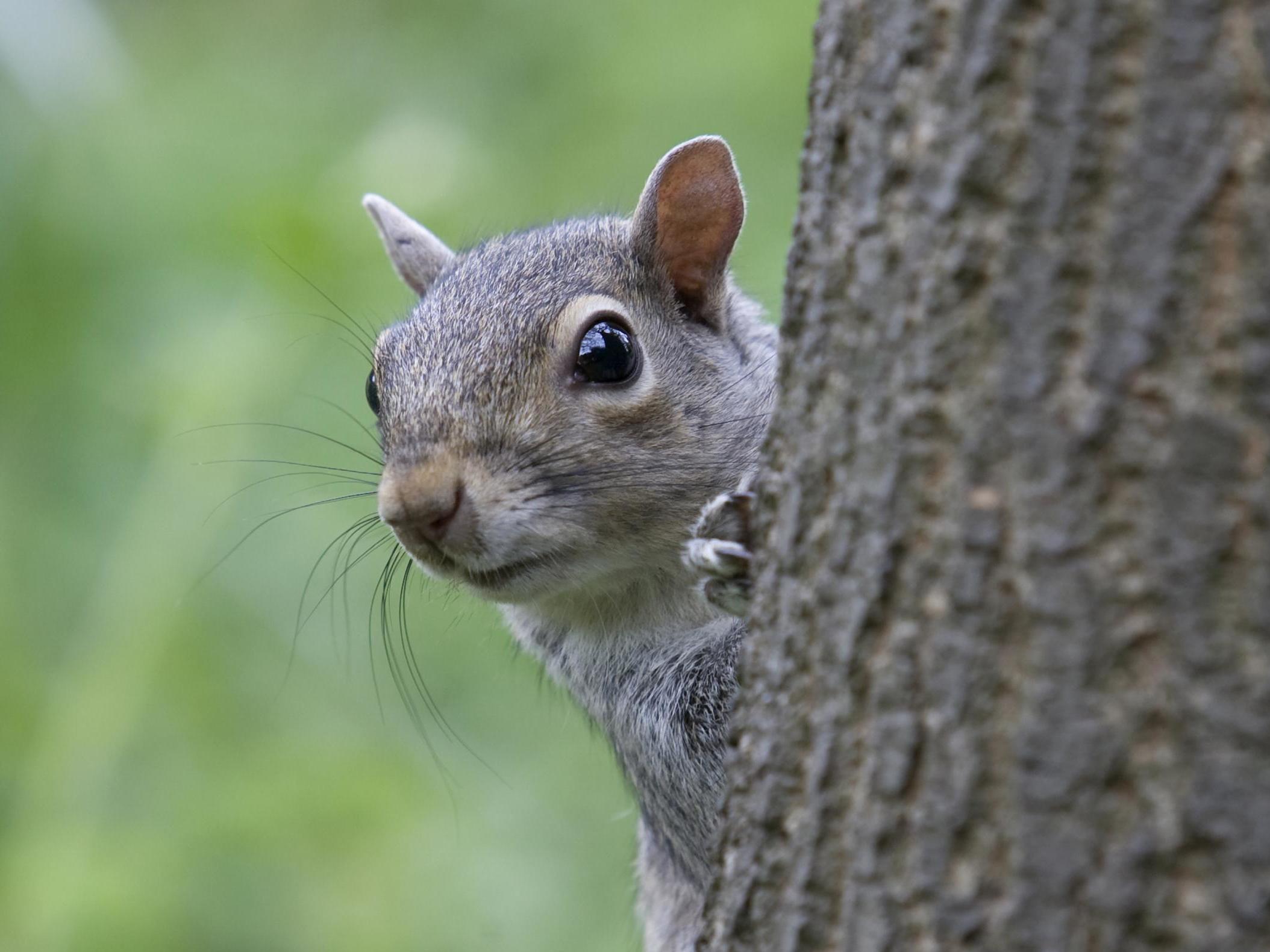Squirrels eavesdrop birds' conversations to find out if danger has passed
Creatures can tap into the casual chatter of many bird species as an indicator of safety

Your support helps us to tell the story
From reproductive rights to climate change to Big Tech, The Independent is on the ground when the story is developing. Whether it's investigating the financials of Elon Musk's pro-Trump PAC or producing our latest documentary, 'The A Word', which shines a light on the American women fighting for reproductive rights, we know how important it is to parse out the facts from the messaging.
At such a critical moment in US history, we need reporters on the ground. Your donation allows us to keep sending journalists to speak to both sides of the story.
The Independent is trusted by Americans across the entire political spectrum. And unlike many other quality news outlets, we choose not to lock Americans out of our reporting and analysis with paywalls. We believe quality journalism should be available to everyone, paid for by those who can afford it.
Your support makes all the difference.Grey squirrels eavesdrop on chattering birds to work out if danger has passed, according to a new study.
When the creatures hear birds sounding a predator call they freeze and look up or flee, researchers from Oberlin College in Ohio found. Then they stay on red alert until they hear birds tweeting casually again, indicating that the danger has passed and they can safely continue with foraging activities.
A total of 54 wild eastern grey squirrels in public parks and residential areas in the US state were examined by researchers.
They simulated potential danger by playing a recording of a red-tailed hawk – a common predator of squirrels and small birds.
This was followed by a playback of either multi-species songbird chatter or ambient sounds lacking bird calls. Every time they monitored the behaviour of squirrels for three minutes.
They found the creatures became more vigilant when they heard the hawk’s call. However, squirrels that were played bird chatter afterwards displayed fewer vigilance behaviours and returned to normal levels of watchfulness more quickly than those that did not hear bird calls after the hawk’s call.
This suggests squirrels are able to tap into the casual chatter of many bird species as an indicator of safety, according to the paper published in the Plos One journal.
“Recognition of bird chatter as a sign of safety is likely adaptive, as squirrels that can safely reduce their vigilance level in the presence of bird chatter presumably are able to increase foraging success,” researchers wrote in the paper.
When many species are vulnerable to a common predator it is advantageous for individuals to recognise information provided by other species, the authors said.
They added: “We knew that squirrels eavesdropped on the alarm calls of some bird species, but we were excited to find that they also eavesdrop on non-alarm sounds that indicate the birds feel relatively safe. Perhaps in some circumstances, cues of safety could be as important as cues of danger.”
Anthropogenic noise levels could be a problem for conservation efforts as it might cover up these calls, they said.
“If bird chatter were masked by anthropogenic noise, this publicly available safety cue could be lost to the network of eavesdroppers,” they added. “The lack of safety signals might cause squirrels and other eavesdroppers to allocate more energy to vigilance behaviours and less towards foraging, potentially compromising fitness.”
Join our commenting forum
Join thought-provoking conversations, follow other Independent readers and see their replies
Comments